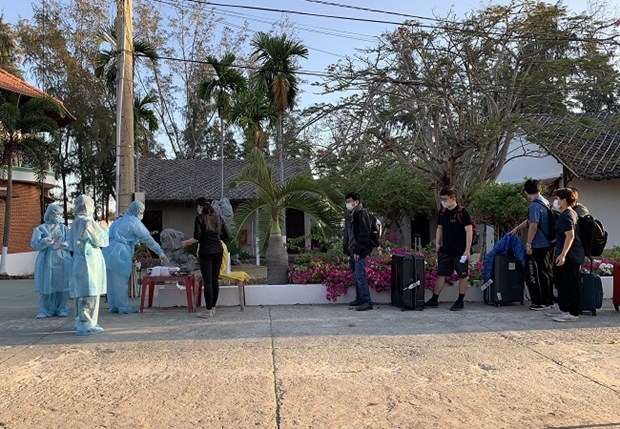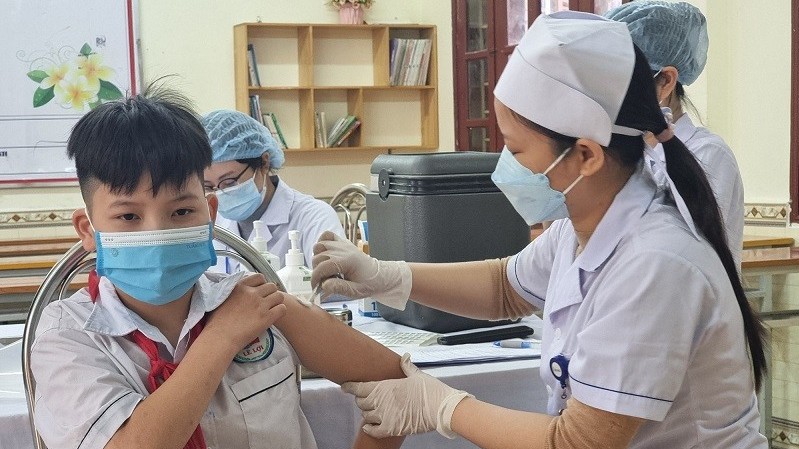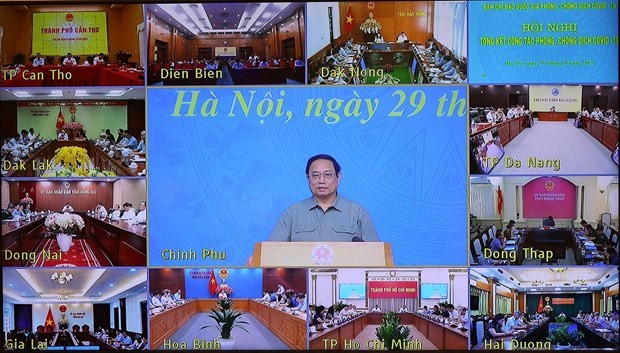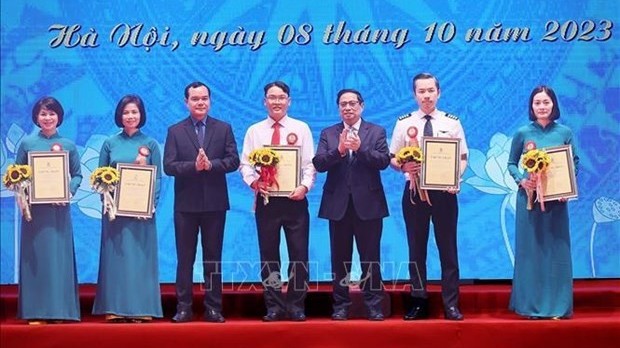
Hospitality sector seeks ways to maintain operation amid pandemic
Latest
 |
| Phuong Nam Resort in Ho Chi Minh City’s Can Gio District offers paid quarantine service. (Photo: VNA) |
A report of Savills Vietnam Co. Ltd published recently showed that the business of the hospitality sector has improved with more and more hotels registering to serve as paid quarantine facilities, prompted by increasing demand for concentrated isolation from foreign arrivals and domestic travellers.
It is estimated that eight more hotels began offering the service in the second quarter of this year, providing 3,000 rooms.
The city’s Department of Tourism (DoT) has coordinated with the Department of Health to propose the municipal People's Committee to allow paid quarantine at 72 hotels, equivalent to 5,564 rooms.
It has also worked with the People's Committee of Thu Duc city and other districts to mobilise 395 hotels for the isolation of F1 cases with 13,426 rooms in total.
The DoT has regularly updated the list and information of hotels designated as paid quarantine facilities so people at high risk of COVID-19 can book online at the department’s website.
Recently, the department has coordinated with Traveloka, a leading hotel and flight booking platform in Southeast Asia, to help those in needs book rooms or transportation via the mobile travel booking app Traveloka. They can easily search for information on hotels designated as paid quarantine facilities, room types, room rates as well as transportation services for quarantined people. After booking, they can make online payments.
The pandemic has restricted the traveling between countries and the tourism industry is almost dependent on domestic tourists. However, the tourism market is still expected to recover with high tourism demand when the COVID-19 is under control, experts said.
They said the post-pandemic outlook of the hotel industry is still promising with the participation of many well-known international operating brands.
According to real estate consulting firms, it is expected that by the end of 2023, HCM City will have an additional 2,500 hotel rooms from well-known brands such as Fusion, Hilton and InterContinental.
The World Tourism Organisation (UNWTO) has predicted that global tourism can fully recover by 2024, in which herd immunity is considered a key factor.
Viet Nam is trying to achieve herd immunity with 70 percent of the population vaccinated by the end of this year or early 2022. The application of vaccination passport in some countries around the world is also an important step to revitalise the smokeless industry as soon as the pandemic ends.
Vo Thi Khanh Trang, Deputy Director of Savills Research Department, said that the fluctuations of the tourism industry in general and the accommodation service business in particular depend on the government’s pandemic control.
It can be seen that the demand for traveling and accommodation of domestic tourists is very large when the pandemic is under control, she said, adding that it’s very difficult to forecast about the tourism sector this year because the country is coping with the fourth wave of COVID-19.
However, in the long term, the speeding up of vaccination against COVID-19 has been identified by Viet Nam as well as other countries in the world as a key strategy to control the pandemic and opening its borders to the world, Trang said.

























